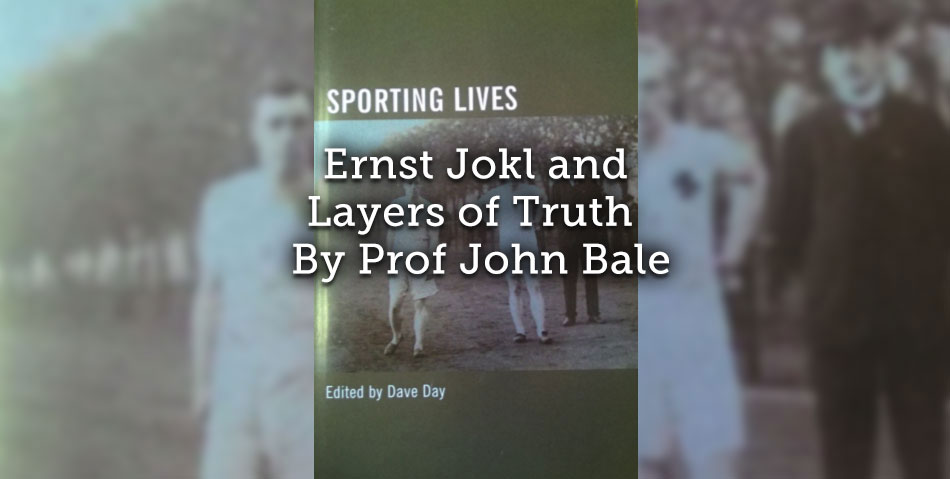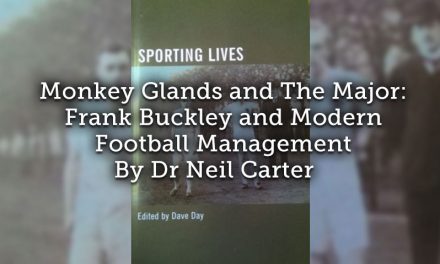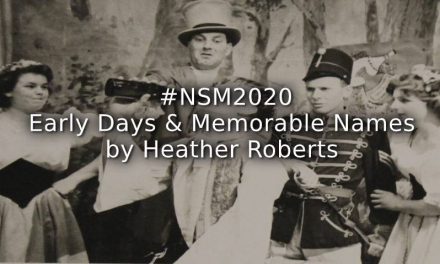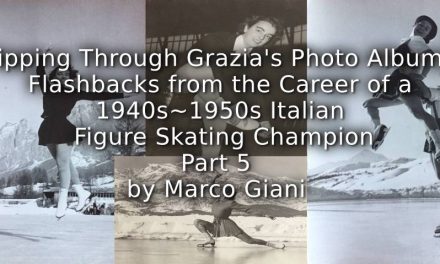Playing Pasts is delighted to present this podcast by Prof John Bale from the Sporting Lives symposium hosted by Manchester Metropolitan University’s Institute for Performance Research. Subsequently the papers were published into a collection of the same name, for details see – bit.ly/2GPhdI3
Those who write (auto)biographies tend do so for the same reasons as those who write per se. Seeking to categorise the reasons for writing, George Orwell suggested that writers, including biographers, write to seek the ‘truth’, to change the world, for the pleasure of writing good prose, and for the feeding of ego. However, things are not as simple as this and self-depiction (or simply depiction) poses critical problems. Basic to writing a life is the recognition that writing is about representation: Biographies cannot tell the full story. Jerome Bruner adds that ‘an autobiography is not and cannot be a way of simply signifying to a ‘life as lived’: A life is constrained by the act of autobiography. And consider the words of Philip Roth: ‘Memories of the past are not memories of facts but memories of your imagining of facts’. In writing a biography, Vladimir Nabokov notes:
Don’t be too certain of learning the past from the lips of the present. Beware of the most honest broker. Remember that what you are told is really threefold: shaped by the teller, reshaped by the listener, concealed from both by the dead man of the tale.
The hazards facing biographical studies are reiterated in numerous sources. Who could accurately write a complete human life in words?…
Article © John Bale
Press play below to listen to the rest of the paper:





